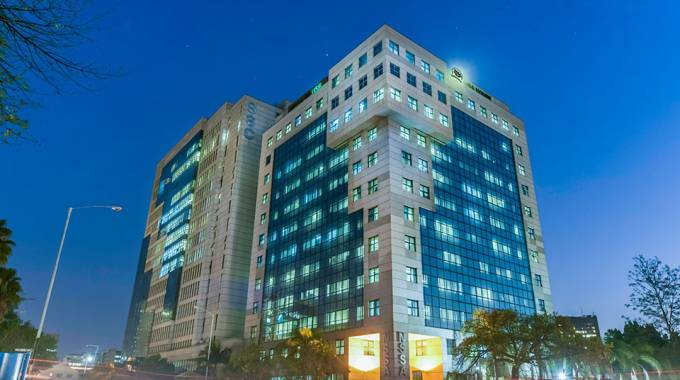|
Getting your Trinity Audio player ready…
|
Writes Lloyd Rabaya
With the Zimbabwean economy struggling and many people finding it difficult to put food on the table, many widows feel the pain twice as much.
According to the United Nations (UN) data, there are approximately 258 million widows around the world, and one out of ten is living in extreme poverty.
In their 2022 International Widows’ Day statement, the UN Women said,” It is essential to invest in expanded gender-responsive public services and universal social protection, such as cash transfers and social pensions, so widows are not left destitute, and to overturn the discriminatory laws and policies that strip widows of equal inheritance, pension, and property rights.”
This year’s theme for International Widows’ Day, which is celebrated annually on 23 June, is “Prosperity for Widows.”
With the hyperinflation and high pricing of goods Zimbabwe is currently experiencing, prosperity for widows is only a hallucination as the pension funds they are getting from the National Social Security Authority (NSSA) are next to insignificant. They can barely take care of their needs, not even their wants.
“Right now, the money we are getting from NSSA is peanuts; it can not even buy me groceries to feed me and my three children. Last month, I received around RTGS$6 000 and US$40 for my two children who receive the funds,” lamented a 49-year-old widow who lives in the capital Harare who requested anonymity.
She lost her husband to diabetes in 2019, and she had to go through a strenuous process for her to start getting pension funds, among other benefits, since she did not have a marriage certificate.
With the current official exchange rate, US$1 is equivalent to about RTGS$ 6900.
Ms. Sally Ncube, the national coordinator of the Women’s Coalition of Zimbabwe (WECOZ), acknowledged the challenges widows are facing in their everyday lives as money constantly loses value.
“Money is eroded by inflation of the country, so it is insignificant, really. We welcome the initiative by NSSA for a component in USD, but it is still too small comparing the needs even the contribution one has made,” she said.
Ncube also criticized NSSA for its inaccessibility as some widows will have to travel distances and stand in long queues for the whole day only to get a few dollars, which might cover only their travelling costs.
Despite the RTGS/ZWL$ losing value every week, NSSA is not adjusting the funds for the beneficiaries to maintain their lifestyles.
Speaking to this publication, another widow who also denied being named said,” The money is not being adjusted, it remains the same despite it losing value. Sometimes you find that some of us are no longer going to collect the money because it does not make sense.”
NSSA Deputy Director of Marketing and Communication Mr. Tendai Mutseyekwa said that NSSA actually pays more than the average pension fund.
“For June the minimum pension that was paid to widows/widowers was US$20, plus an RTGS component. There are others who got more. If the spouse had a child, they got another US$20, plus an RTGS component,” he said, despite the money not maintaining its value.
Ncube suggested that the value of contributions should be preserved so that widows can get valuable money in order for them to take care of their needs and families. On top of all that, widows should be conscientised about how the systems work.
“There should be awareness of the process and decentralisation of all services. Measures of securing value can be in the form of land or livestock than being given money that can only buy a fast-food meal, at the moment, ” Ncube added.
Efforts to get a comment from the Ministry of Women Affairs were fruitless.
Around the world, cultural practices and legal barriers can mean that widows are cut off from pensions and unable to inherit money or property, which leaves them at risk of poverty.
As the world celebrates International Widows’ Day today, the public is reminded to commit to working for and with widows on actions that support their rights and amplify their voices.
